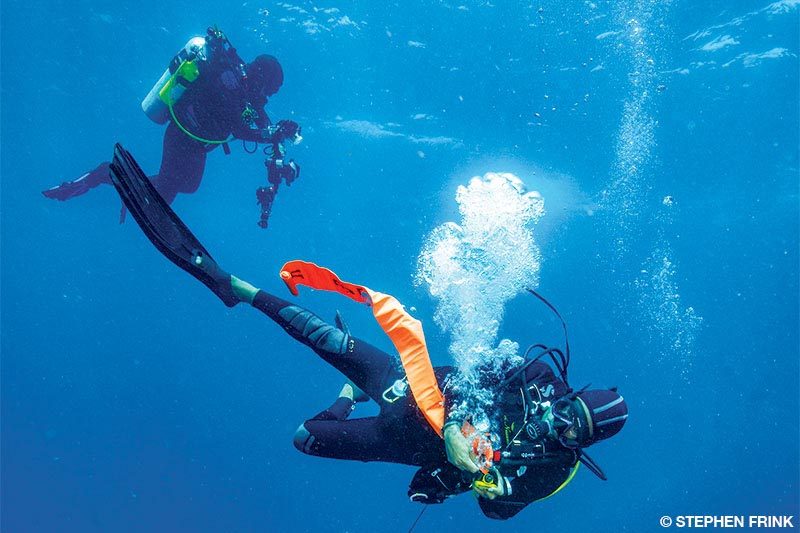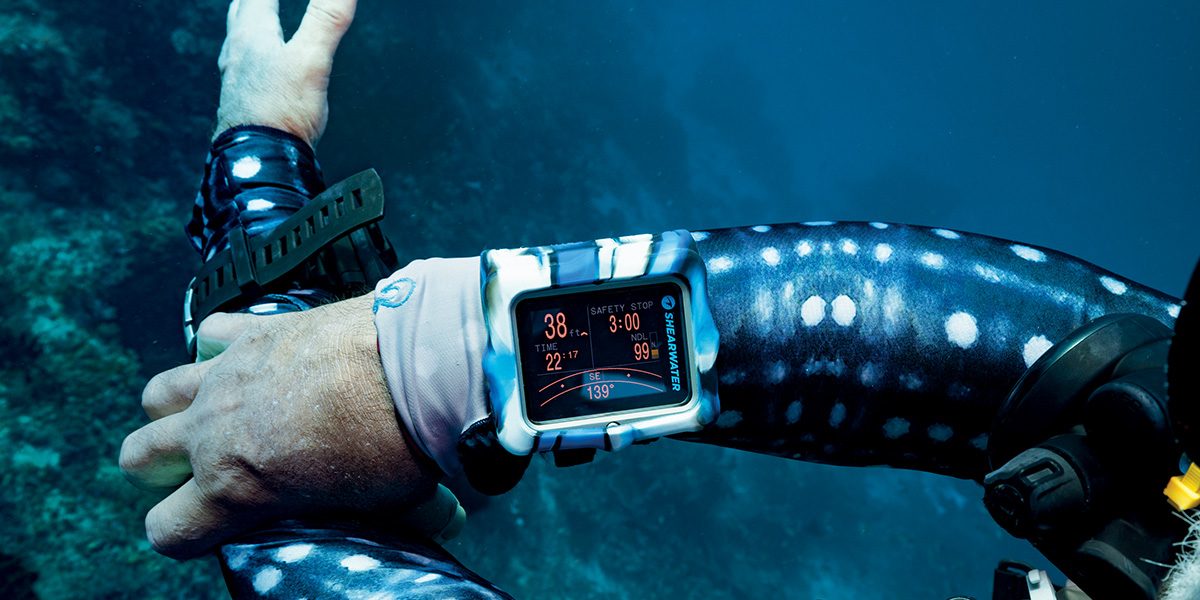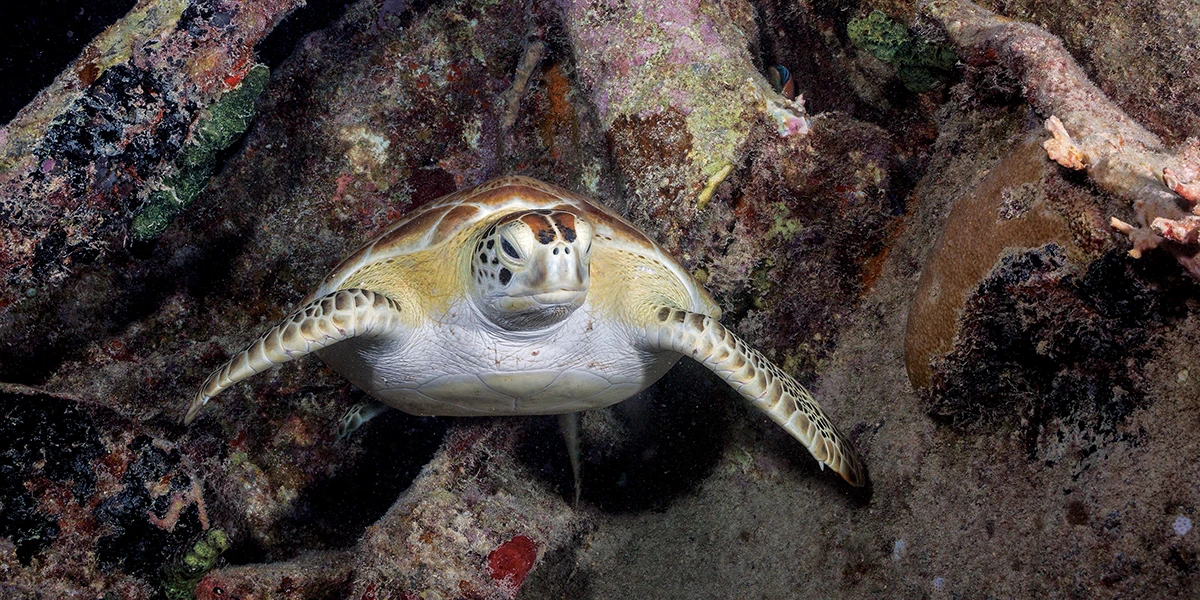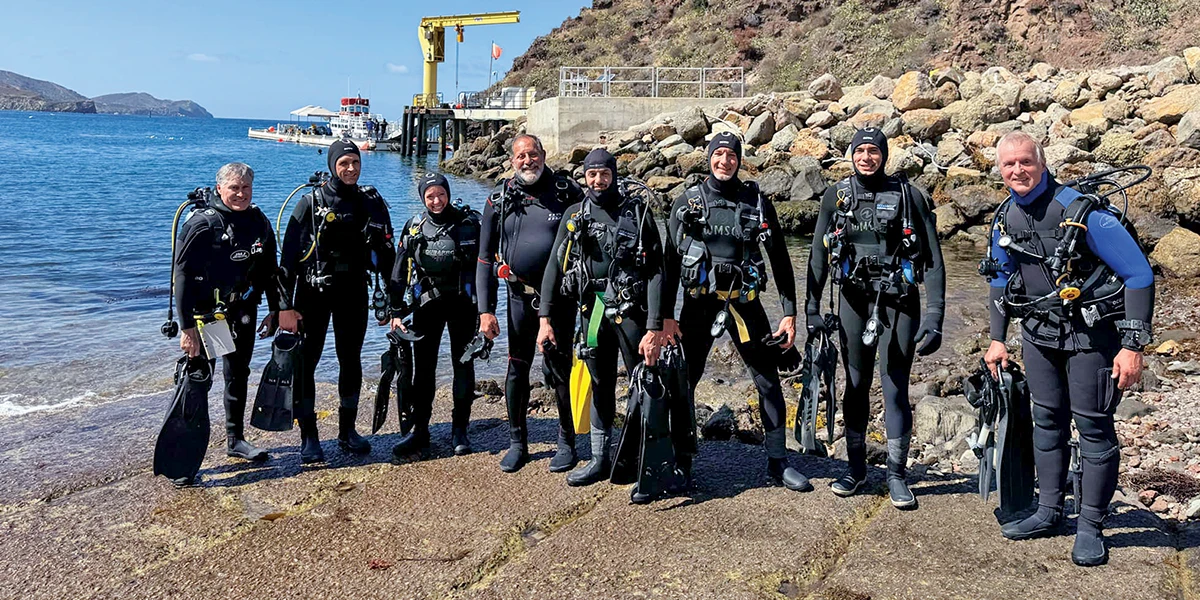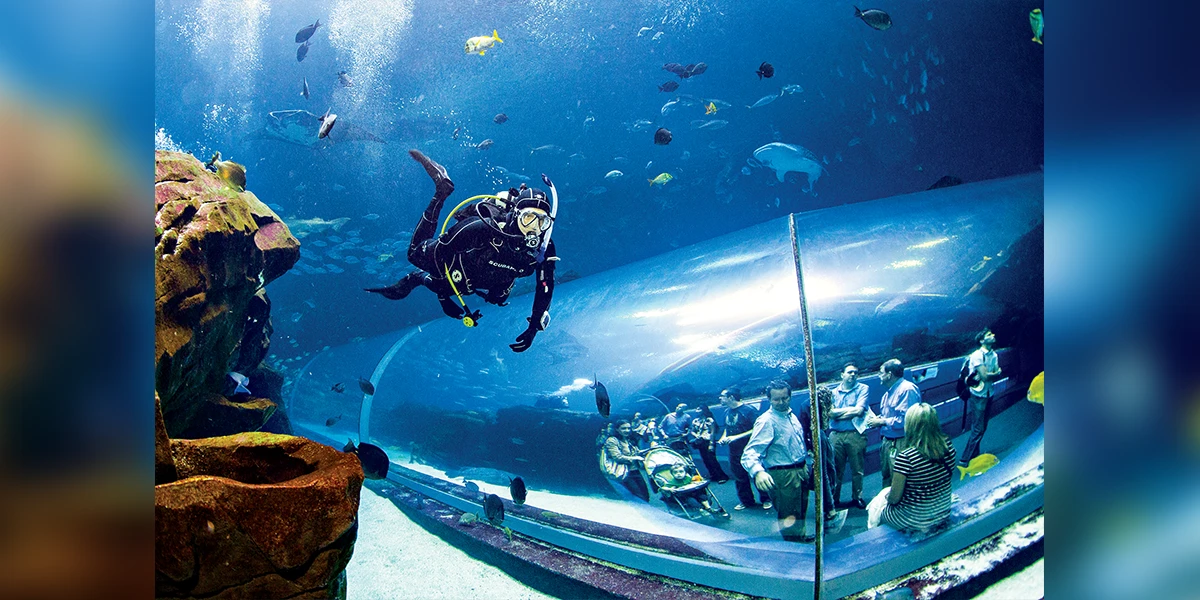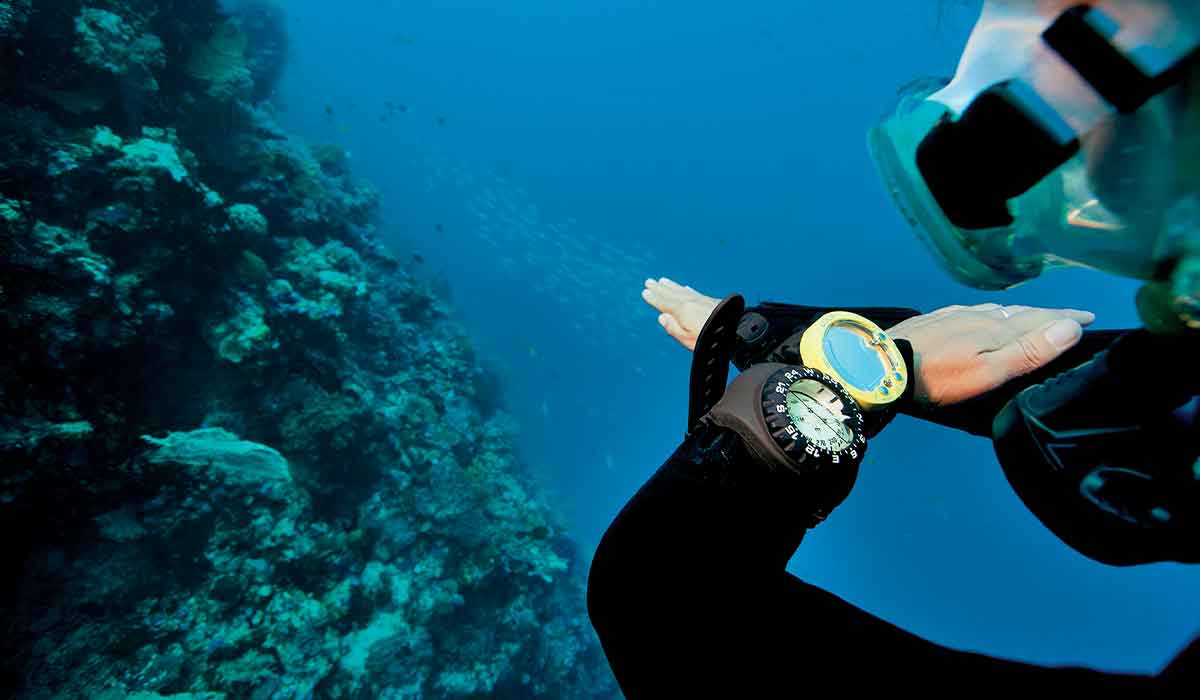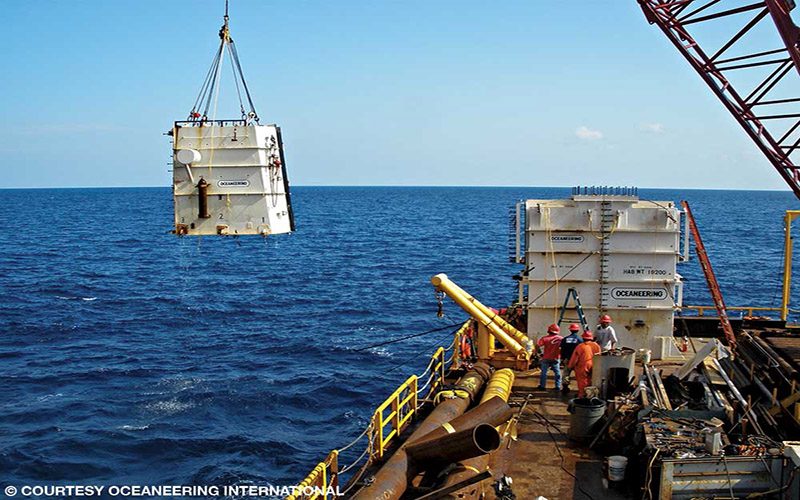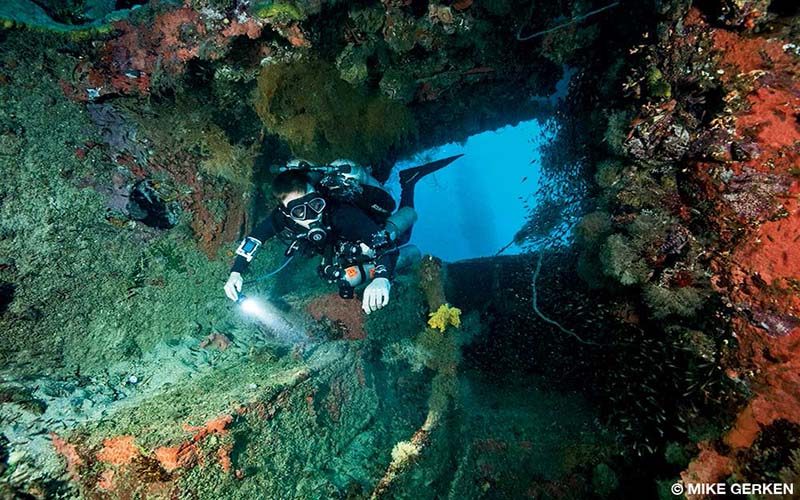Diving in currents can be exhilarating, but it can also be hazardous if you do not have the proper training or are unprepared. To get the most enjoyment, perform proper predive research and dive planning. Make sure you prepare physically and mentally and have the proper gear, training and experience. Divers often say that current dives are some of their most memorable and exhilarating dives.
Most divers’ love of the sport stems from a drive to explore a foreign environment. With exploration must come the ability to navigate. Nowhere else on Earth can one become more lost than in a liquid, while simultaneously requiring constant individual concentration on safety techniques, breathing gas, buoyancy, horizontal trim, depth, and time.
Diving at night provides an exciting new dimension in underwater exploration. As the light fades and darkness spreads through the water, marine life exhibits different behaviors, and the underwater world takes on a new and ethereal quality.
Spearing fish has been a part of human sustenance since hunters first sharpened sticks. With the advent of masks and fins, spearfishing became its own activity. Whether for sport or to put food on the table, divers and freedivers seek these opportunities around the world.
Underwater environments simulate the conditions of space exploration and allow NASA to test equipment, perform research, and prepare for future missions in extreme settings such as the moon or Mars. Being underwater replicates the isolation, confined spaces, and limited resources astronauts experience in space.
When I was young I read about Antarctic expeditions and was mesmerized by the alien worlds found under the ice. As incredible as it looked, I never imagined seeing it for myself. I enjoy all types of diving and underwater environments, and ice diving was another unique and challenging realm to explore — one that required furthering my dive education and skills.
There is a moment in every dive — after the gear is checked, the team gives the final OK, and your body slips below the surface — that everything else fades.
How comfortable are you with underwater navigation? Do you prefer a compass or your innate sense of direction? Regardless of which method you choose, learn more about proper underwater navigation. Never get lost in the water again!
The commercial diving industry adopted mixed-gas technology in the 1960s to overcome the limitations of deep air diving. The industry has an exemplary safety record.
Whether your plans involve recreational or technical diving, hiring dive operators in remote locations requires several considerations — and there are additional safety factors to consider when going to these remote destinations.
